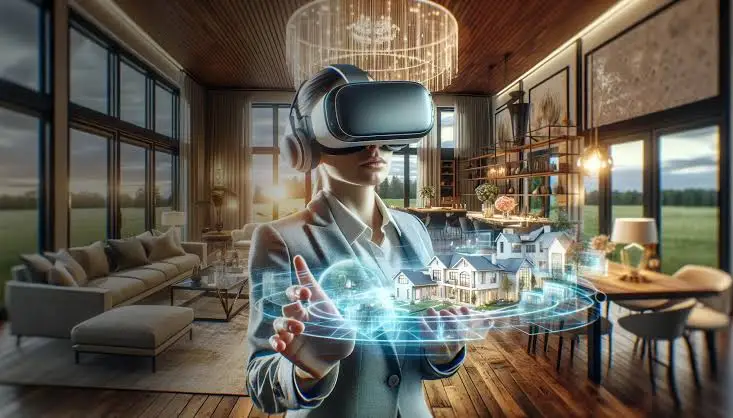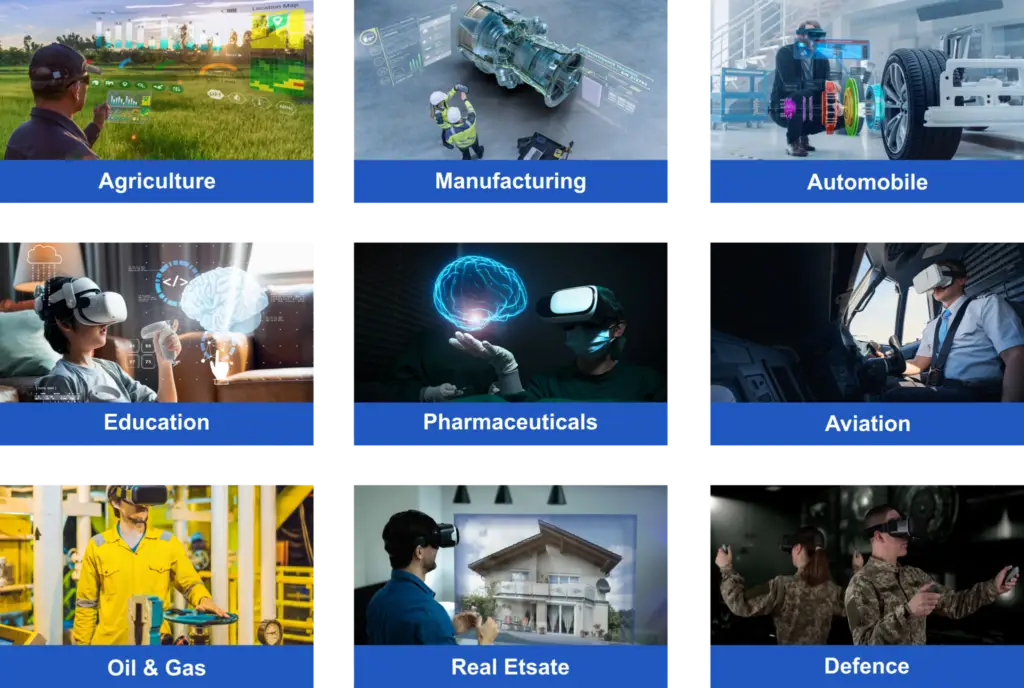Introduction
In the ever-evolving world of hospitality, renowned for its dedication to exceptional guest experiences, a transformation is underway. This change comes in the form of Virtual Tours, which are redefining how travelers discover, plan, and enjoy their journeys. In this article, we’ll explore the dynamic role of Virtual Tours in the hospitality industry and how they are reshaping the modern travel experience.
Harnessing the Power of Virtual Tours in Hospitality
Virtual Tours have emerged as a potent tool for showcasing accommodations, destinations, and amenities in the hospitality sector. Fusing technology with immersive storytelling, they offer travelers a preview of what awaits them, making them an essential element in today’s travel landscape.
1. Inspiring Wanderlust
Virtual Tours enable potential travelers to immerse themselves in the allure of accommodations and destinations from the comfort of their homes. By virtually visiting hotels, resorts, or even entire cities, travelers can ignite their passion for upcoming adventures.

2. Realistic Room Previews
Prospective guests can virtually step into rooms, suites, or vacation rentals. This provides them with an accurate representation of the space, empowering them to choose accommodations that align with their preferences and needs. This, in turn, reduces the likelihood of surprises upon arrival.
3. Exploring Amenities
From inviting pool areas to tempting restaurants and rejuvenating spas, Virtual Tours offer a comprehensive exploration of a property’s amenities. Travelers can make well-informed decisions about which features they want to enjoy during their stay.
4. Interactive Destination Experiences
Some Virtual Tours go a step further by offering virtual city tours and immersive destination experiences. Travelers can explore local attractions, landmarks, and activities, facilitating the planning of their itineraries.
5. Enhanced Accessibility
Virtual Tours make travel planning more accessible for individuals with mobility concerns. They can scrutinize a property’s layout, assess its accessibility features, and examine various room options to ensure a comfortable and accommodating stay.
6. Building Confidence
By providing a comprehensive and transparent view of accommodations and destinations, Virtual Tours instill confidence in travelers. Guests know what to expect, leading to more enjoyable and stress-free trips.
7. Effective Marketing and Branding
For hotels and resorts, Virtual Tours serve as a formidable marketing tool. They offer properties the opportunity to showcase their unique character, setting them apart from the competition. This immersive experience contributes to effective branding and online visibility.
360PANO leading name in the field of Virtual Reality and 3D Rendering services in India and the UAE. We have worked with various big names in fully/semi-government and privately running organizations and institutions. We offer VR-AR-3D, 3D rendering services, 3D floor plans, 360 Walk-Through, VR Showroom, VR Training and VR Simulation, 360 VR Videos Production, and VR For Real Estate services to our clients.

Conclusion
Virtual Tours have become an indispensable facet of the hospitality industry, creating a seamless connection between travelers and their envisioned experiences. As technology continues to advance, the applications of Virtual Tours in the hospitality sector are boundless. Whether you’re a traveler seeking a more engaging way to plan and anticipate your journeys or a hospitality provider aiming to offer a transparent and immersive experience, Virtual Tours are defining the future of travel. Embrace this technological revolution and embark on a virtual journey into the world of hospitality. The travel industry is evolving, and Virtual Tours are leading the way, redefining the art of welcoming and delighting guests.
